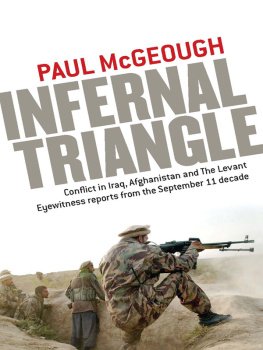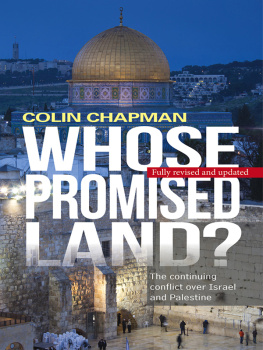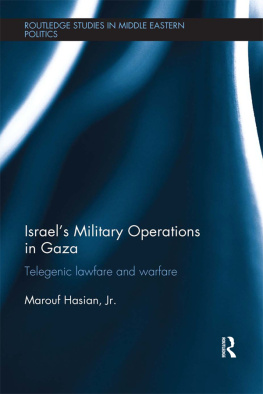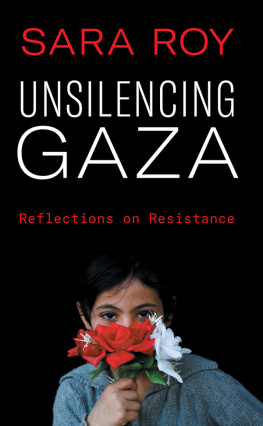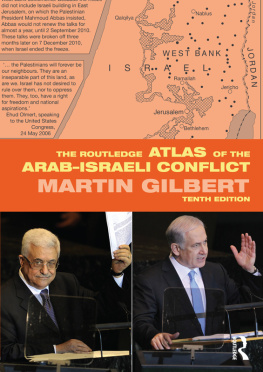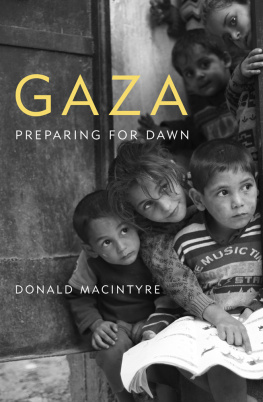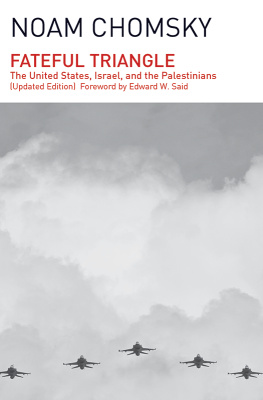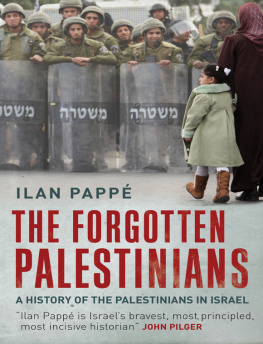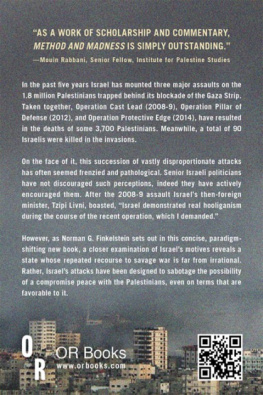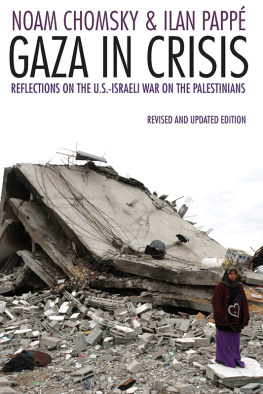T he chain has its essential linksa book like this does not exist without the people whose stories are told from zones of conflict around the world; without newspaper editors and media executives who dispatch reporters to get those stories; and without book publishers who discern a trend that warrants telling a succession of stories as one.
As a reporter I could choose my time and gauge my safety as I went to hellholes from the Mediterranean eastward to Pakistan in the nearly ten years since the September 11 attacks on New York and Washington. The people whose stories I tell here did not have this luxurythey were stuck, mired in circumstances not of their making, but invariably always willing to be interviewed. Similarly, it is the reporters name that appears on the published story, but we could not get by without our local fixersin my case, these unsung stars of journalism include Ranya Kadri in Amman, Salam Mohamadoui in Baghdad, Qais Asimy and Hashim Shukoor in Kabul, and Wafa Issa in Beirut. In the same vein, life on the road would be far less rewarding without the company of my photographer colleagueslike the ever-resourceful Ash Sweeting in Kabul and my tenacious Sydney Morning Herald colleague Kate Geraghty.
At Fairfax Media, Im indebted to a succession of Herald editors who always backed the storyRobert Whitehead, Alan Oakley, Peter Fray and Amanda Wilson. When I embarked on this remarkable journey, Greg Hywood was there as Herald publisher; now, as the September 11 decade closes, he is back at Fairfax as chief executive. In particular, I thank Peter Fray for his permission to reproduce much of my Herald reports in this volume and Peter Kerr, the Herald s managing editor, for his help, advice and assistance when I have been on the road.
In each book project that I have undertaken, a mainstay in the process has been the inimitable Richard Walsh, Allen & Unwins consultant publisher who sits on my left shoulder throughout. He was perched there again this timerounding-up, straightening out and, as required, doing a fine line in panelbeating. Thank you, Richard.
Allen & Unwin executive chairman Patrick Gallagher, editorial manager Angela Handley and copyeditor Adam Shaw also deserve thanks for their tireless efforts.
C an you hear it? There is nothing, only stunned silence, from the wilds of the Pakistani mountains where the fugitive Osama bin Laden and his lieutenants must be assumed to be watching the revolt of Arab youth in slack-jawed disbelief.
As we near the end of what historians will call the September 11 decade, the Al-Qaeda silence is a hallelujah moment barely acknowledged in wall-to-wall media coverage of the uprisings across North Africa and the Middle East, as hundreds of thousands of over-educated and underemployed youngsters begin a lifes journeysetting out as subjects and serfs, they demand to become citizens in charge of their own destiny.
In a region where life is cheap, the spark was the despair of 26-year-old Mohamed Bouazizi, who in mid-December set himself on fire to escape his numbing existence as a fruit vendor in Sidi Bouzid, in central Tunisia.
As reverberations are felt in Riyadh, Damascus, Amman and Sanaa, many in the West are confounded that these protests took off so spectacularly. More nationalist than religious, more economic than ideological, they have shredded the legitimacy implicit in the term Arab governmentall of it telecast live across the region and the world.
Were they not the bin Laden generation, so saturated in Islamist and terrorist bile, so hateful towards American freedom and values that their protest almost certainly would be a suicide-bomb attack on a busload of foreign tourists or a foreign diplomatic mission? When they answered the call, it would be to run violently with the Islamistsyes?
Thats the stunnerinstead, they walked into the streets of their towns and cities, defenceless but dignified, and simply said, Enough! After all that fundamentalist nonsense about needing to revert to the pious past to get away from the shallowness of a Western-influenced life, they say No to bin Laden.
In Yemen, to make sure they would not be dismissed as just another Allahu Akbar battalion, protesters reportedly wore pinkinstead of Islamic green.
Looking eastward, to the relative success of Islamist insurgencies in Iraq and in Afghanistan and then northward, to the cafes and campuses of Europe, they are making an informed choice, of which many beyond the region had not considered them capable. In their part of the world, at this time in history, More, please, does not mean a jihadi-led retreat to seventh-century Islam as pursued by the Taliban in Afghanistan. Nopebooks and iPods, Starbucks and McDonalds are, by far, more attractive.
Its a huge defeat for Al-Qaeda in a country of central importance to its image, says Noman Benotman, who was described by Reuters as a former organiser for a group associated with Al-Qaeda in Libya. It has wounded their credibility with potential supporters.
The combustible mix of their circumstances is difficult to comprehend. Two-thirds of the population of the region is younger than 24. University numbers have rocketed but graduates are dumped into an economy that cannot employ themin Egypt, youth unemployment runs as high as 34 per cent; in Tunisia, 31 per cent. Their pressure-cooker existence is complete, living by the whim of police thugs, obsequious state-controlled media and an over-class that rigs the legal and electoral systems to keep power and money in its pockets.
For all that, Gary Wasserman, an American analyst at Georgetown Universitys school of foreign service in Qatar, ponders aloud to the Herald on the extent to which Arab and Muslim youth are indoctrinated on the internet: Im not sure that they have been inundated with Al-Qaeda material... that idea might be a Western obsession, too, [because] who wants to go to the mountains, to deprive themselves, living as a fanatic, and then to die? Some will always want that but most just want to have a good life.
As the tempo of the uprisings rose, there were internet calls for an attack on the gas pipeline from Egypt to Israel; and in Yemen, for attacks on Shiite Muslims. But Brian Fishman, a counterterrorism analyst at the New America Foundation in Washington, said the revolt was a direct repudiation of Al-Qaedas core argument, which is that the only way to create change in Arab countries is through unmitigated violence.
When the protesters took to the streets, it was their dictatorial leader, Mubarak, who revealed himself in the bin Laden mould. A pin-striped sophisticate, to be sure, but with his back to the wall he did not hesitate in sending in knife-wielding thugs. Commenting on the absence of the usual American flag-burning and Israel-taunting by the protesters and any Islamist ugliness, Joshua Landis, the director of the centre for Middle East studies at the University of Oklahoma, told the Herald : It is the regimes that are the scary facethe violence of the Mubarak thugs is a reminder of what the people have to put up with.
None of this is to say that bin Laden has been neuteredthe experts contend that he remains a clear and present danger, for the US in particular. The CIA veteran Michael Scheuer writes in his new biography of Osama bin Laden: His rhetoric and his actions [still] address the current grievances Muslims have against Western intervention and the cruelty, hypocrisy, incompetence and corruption of their own regimes.
Scheuer argues that, while the US will continue to be a key target, Al-Qaedas priority job will be inciting Muslims to jihadonce America is defeated, he will turn to toppling Arab tyrannies, destroying Israel and, eventually, to fighting the Shia.
But the new uprisings and their extraordinary success in robbing autocrats of their most powerful weapontheir own peoples fear of themare more a shining light than the Bush-led invasion of Iraq. And they are an inspiring alternative prescription for confronting the emptiness of life and the absence of a future in the region to that offered by bin Laden.
Next page
